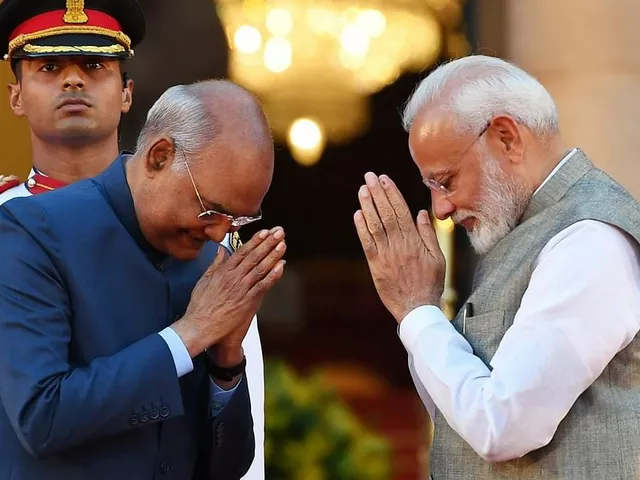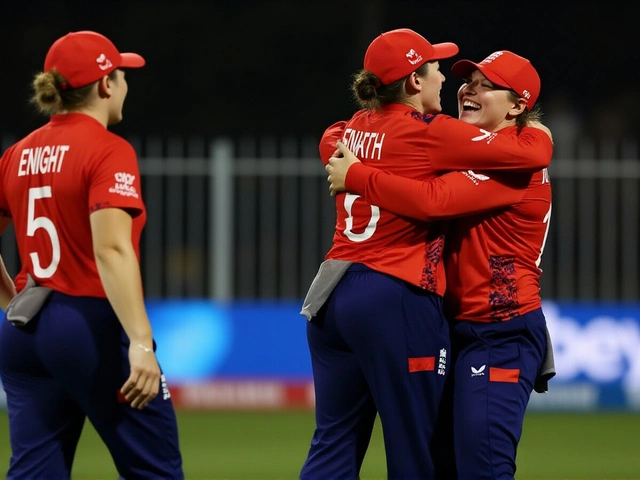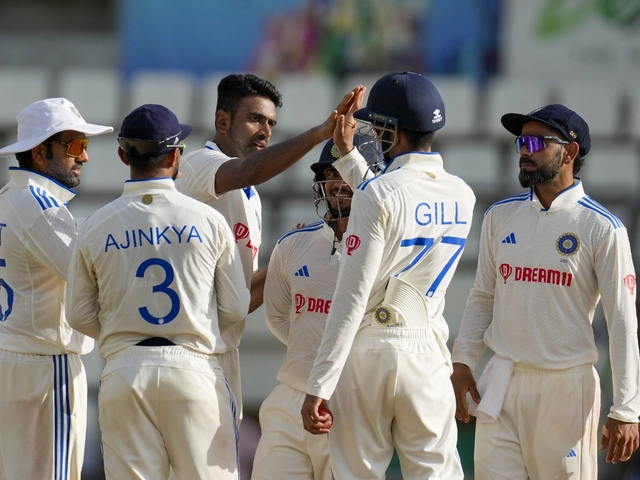Conflicts of Interest: How to Spot Them and What to Do
Conflicts of interest pop up everywhere — in newsrooms, boardrooms, and government offices. They don’t always look dramatic. Often they’re small ties, favors, or side roles that change how decisions are made. Knowing how to spot them helps you judge stories, policies, and business moves more clearly.
What a conflict of interest looks like
At the simplest level: a person or group has two roles that pull them in different directions. A journalist paid by a company they cover. A regulator whose family member works for the firm they oversee. A politician promoting a project where they have a stake. The result? Decisions that favor private gain over public good.
Watch for these red flags: undisclosed payments or gifts, repeated friendly coverage, vague sourcing (“sources say”), sudden policy shifts that benefit a few, or refusal to recuse when personal ties exist. For example, debates around whether the CAG can audit an entity after privatization show how ownership changes create tricky audit and oversight questions. That’s exactly where conflicts can hide.
Simple checks you can do now
Before you accept a claim or a story, ask quick, direct questions: Who stands to gain? Who funded the research or story? Does the speaker have business ties to the topic? Is there a clear list of interests disclosed? If answers are missing or vague, treat the claim with caution.
If you follow news, look at patterns. Is a channel repeatedly harsh on one party and unusually soft on another? Sensational headlines and constant personal attacks can mask bias tied to ownership or advertisers. In politics, check public records and company filings — they often list directorships and shareholdings that reveal potential conflicts.
When you find a likely conflict, what next? First, demand transparency: ask for disclosure from the person or organization. Second, push for independent review — an outside auditor, an ethics committee, or neutral journalists. Third, rely on multiple sources. If one outlet has a clear tie to the subject, look for other coverage that is independent.
For organizations: enforce clear rules. Require disclosure of gifts and side jobs. Make recusal mandatory when a decision touches personal interests. Use independent audits and rotate decision-makers to avoid long-term influence. Small measures like these reduce the chance that private ties shape public outcomes.
Conflicts of interest don’t always mean wrongdoing, but they do mean risk. Spotting them helps you ask better questions, demand better transparency, and judge news and policies more accurately. Use this tag to follow stories that show how money, power, and personal ties shape real events — and to find practical ways to hold systems to account.

An honest news anchor in India is someone who consistently follows the facts and leaves their personal opinions out of their reporting. They ensure that the public is receiving accurate news and that their sources are reliable. They are also transparent about any potential conflicts of interest they may have. The most well-known honest news anchors in India are Ravish Kumar, Arnab Goswami, Prannoy Roy, and Barkha Dutt.




